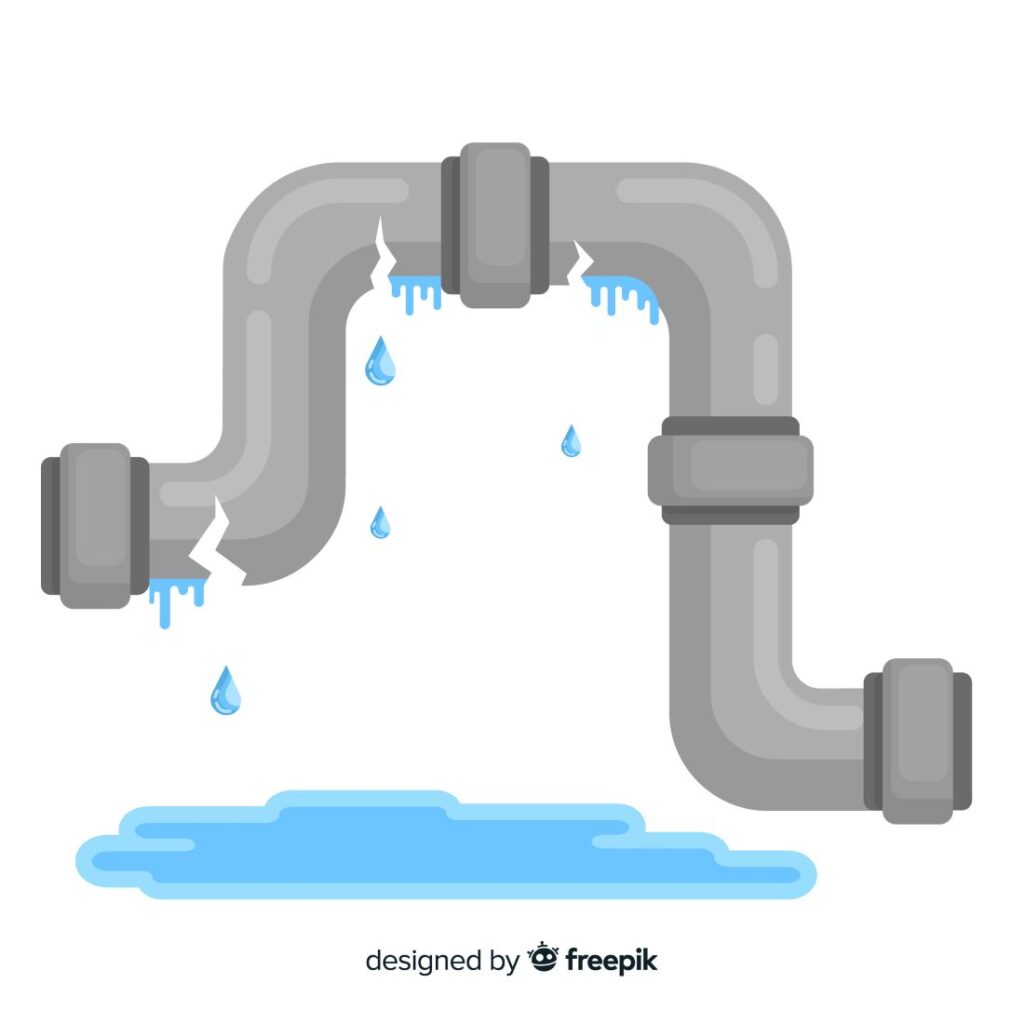Water damage is one of the most costly and frustrating issues homeowners face. Whether it’s a slow leak or a sudden flood, moisture intrusion can lead to mold growth, structural damage, and expensive repairs. Fortunately, preventing water damage is much easier—and cheaper—than dealing with it after the fact. With just a few proactive steps, you can protect your home and avoid major headaches down the road.

Many water damage issues stem from faulty or overloaded drainage systems. For example, in HVAC systems, condensate pumps play a critical role in moving excess moisture away from your air conditioning unit. If these pumps malfunction, water can overflow and lead to leaks inside your home. Regular maintenance and inspections can ensure they are working properly, preventing unnecessary water damage.
Here’s a simple yet effective strategy to stop water damage before it starts, along with key areas homeowners should check regularly.
1. Inspect and Maintain Your Roof
Your roof is your home’s first line of defense against water damage. A small leak in the roof can go unnoticed for months, causing mold growth and structural weakening.
How to Prevent Roof Leaks:
- Check for missing or damaged shingles at least twice a year.
- Clean out gutters and downspouts to prevent water buildup.
- Inspect flashing around chimneys, vents, and skylights for cracks or wear.
- After heavy storms, do a quick visual inspection for any new damage.
If you notice any issues, make repairs promptly to prevent moisture from seeping into your attic or walls.
2. Monitor Your Plumbing System
Leaky pipes and dripping faucets waste water and can cause serious damage if left unchecked. Many homeowners only notice plumbing problems after they become severe, but routine checks can prevent costly repairs.
How to Keep Your Plumbing in Check:
- Inspect under sinks and around toilets for signs of moisture.
- Check water supply lines to appliances like dishwashers and washing machines.
- Look for slow leaks by monitoring your water meter before and after a period of no usage.
- Install leak detectors in high-risk areas to alert you to hidden leaks early.
3. Ensure Proper Drainage Around Your Home
Poor drainage around your home’s foundation can lead to water pooling, increasing the risk of basement flooding and foundation damage.
Steps to Improve Drainage:
- Make sure the ground slopes away from your home to direct water away.
- Extend downspouts at least six feet from the foundation.
- Use gravel or drainage pipes to prevent water buildup near the foundation.
- Keep storm drains and yard drains clear of debris.
4. Maintain Your HVAC System
Air conditioners remove moisture from the air, but when drainage systems fail, they can cause leaks inside your home. Regular HVAC maintenance ensures moisture is properly routed away from your unit.
HVAC Water Damage Prevention:
- Clean or replace air filters regularly to prevent moisture buildup.
- Inspect the condensate drain line for clogs.
- Ensure condensate pumps are working correctly to move excess moisture out of the system.
- Have your HVAC system serviced annually to catch potential issues early.
5. Protect Against Basement and Crawl Space Moisture
Basements and crawl spaces are especially prone to water damage due to their below-ground location. Excess moisture can lead to mold, musty odors, and even structural damage.
How to Keep Basements and Crawl Spaces Dry:
- Use a dehumidifier to control humidity levels.
- Seal any cracks in basement walls or floors.
- Install a sump pump to remove excess water during heavy rains.
- Check window wells for debris that could block drainage.
6. Know How to Shut Off Your Water Supply
If a pipe bursts, knowing how to turn off your home’s water supply can prevent extensive damage. Every homeowner should locate and test their main shutoff valve to ensure it works properly in case of an emergency.
By taking these simple preventative measures, you can save thousands of dollars in potential repairs and keep your home safe from water damage. A little maintenance now can make all the difference in preventing a major disaster later.











